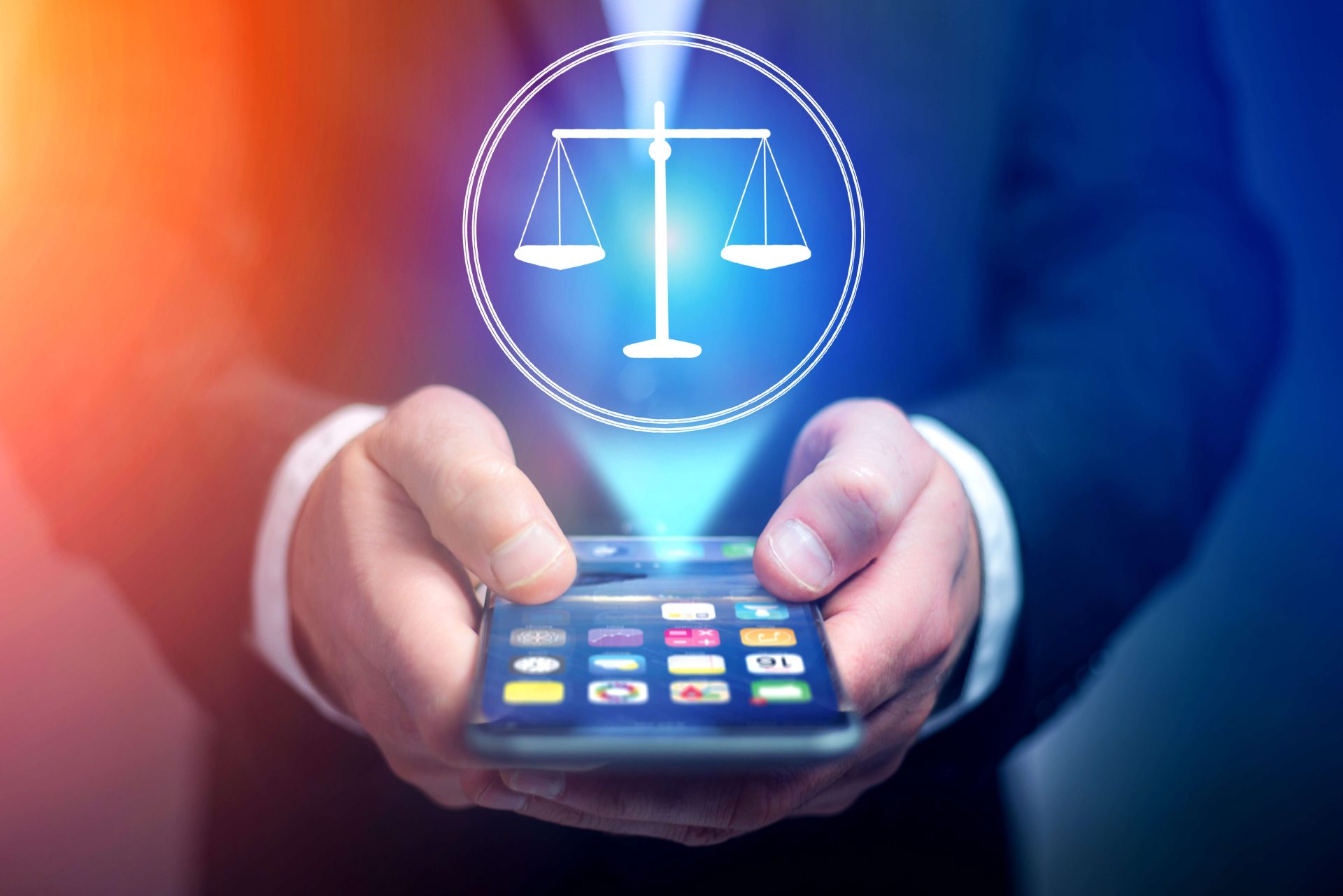In an age dominated by digital communication, social media has undeniably transformed how we connect and share information. From fostering convenient interactions to promoting global connectivity, platforms like Facebook, Instagram, and LinkedIn have revolutionized how we engage. However, this technological advancement has also brought forth a new set of challenges, some finding their way into legal disputes. The implications of what we post, share, and discuss on social media increasingly influence the outcomes of legal cases across various domains.

The Thin Line of Privacy
The concept of privacy on social media is complex and often needs to be more understood. While platforms provide users with privacy settings, claiming to control who sees their content, the reality is more nuanced. User accounts can still be compromised despite privacy settings through hacking, screenshots, or platform glitches. Additionally, legal mechanisms like court orders and subpoenas can expose supposedly private content. Therefore, users must be cautious about their online presence, assuming that anything shared might eventually become public.
Social Media as Evidence
Social media content is increasingly being presented as evidence in legal proceedings, particularly in family law, employment, and defamation cases. An example would be companies suing individuals for defamation based on negative online reviews, causing the defendants substantial legal expenses. Social media’s role in unveiling discrepancies, debunking claims, and establishing credibility cannot be underestimated.
The Impact on Family Law
Social media often plays a pivotal role in shaping legal outcomes in family law cases. Posts on platforms like Facebook have been instrumental in revealing contradictions between statements made in court and online behavior. Such evidence can potentially undermine the credibility of individuals involved, impacting custody battles and financial settlements. Seemingly innocuous posts can have profound implications on the perception of a person’s character and reliability.
The Legal Quandary
Signing up for social media platforms requires users to agree to terms of service, often granting the platform perpetual rights to user-generated content. This implies that what users post can be used by these platforms for any purpose, both now and in the future. This raises ethical and legal questions about the extent to which individuals retain control over their digital identity.
Social media’s impact on legal disputes is multifaceted beyond convenience and connectivity. While these platforms have given us new ways to interact, they have also become potential sources of evidence, exposing individuals to legal challenges they might not have anticipated. Understanding the implications of sharing content online and the legal ramifications of terms of service is crucial in navigating this digital landscape. As technology continues to evolve, the legal system must adapt to accommodate the complexities of social media, ensuring that justice prevails in the digital age.























